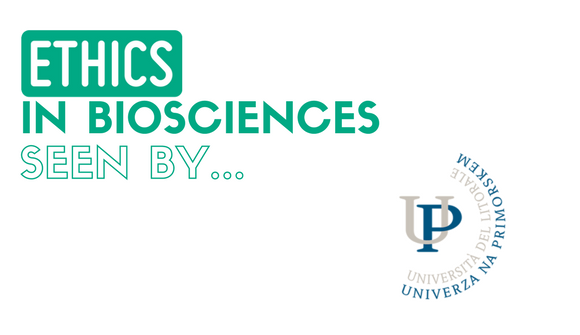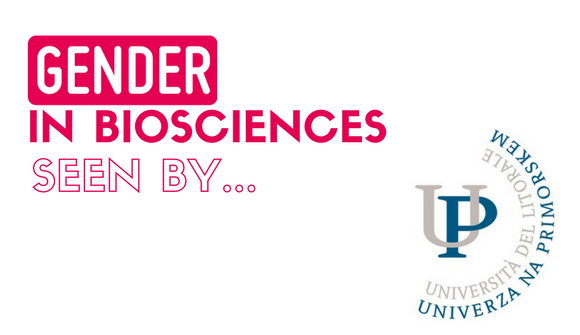How do you understand Ethics in biosciences research? Working at the Department of Biodiversity, I am aware about differences in opinions regarding the human relationship toward the rest of the natural world. Conservation biologists agree that biodiversity is valuable and that the extinction of species, caused by human activities, should be decreased and avoided. However, justifications for these principles vary, ranging from arguments that emphasize the instrumental value of other species for humans to ethical theories that assert that wild life has intrinsic value. The debate on environmental ethics is focused on developing universal theories why humans should protect their natural environment. What we are facing in our research and working with students is the challenge to find a solid rational justification for why nature should be protected. What are the current standards and actions to achieve better Ethics in your University and in your country? In the case of animal and human subjects’ research, all research conducted on Faculty of Mathematics, Natural Sciences and Information Technologies must be approved by National Medical Ethics Committee or by National Ethics commission for animal experiments. All field work with animal has to be approved by Ministry of the Environment and Spatial Planning. What are you aiming for with the implementation of the STARBIOS2 actions towards better Ethics standards for your institute? In relation to Ethics, our strategy is to raise awareness and evaluate the procedures for planning and including research ethical issues in researchers’ work via developing Code of conduct for conservation biology …
Gender in Biosciences, seen by the University of Primorska, Slovenia
Dr. Elena Buzan – is Head of department for Biodiversity and coordinator of study programme Biodiversity and Nature Conservation at Faculty of Mathematics, Natural Sciences and Information Technologie at University of Primorska. She is also responsible for the societal engagement of UP, for the technology transfer and regulation of policy regarding intellectual property, for promoting gender equality, and for the importance of Open access and ethic knowledge in the bioresearch. 1. How do you understand “Gender” in biosciences research? I think gender issue is one of the crucial point to solve in Biosciences. Our role as researchers is to limit gender biased messaging. Women should not feel discouraged from pursuing a career in the Biosciences simply because they don’t fit a pre-determined model. A better integration of women after they finished their PhD can only improve science, as with more diversity comes more creative ideas and effective solutions. We need to stop enforcing stereotypical roles and give better support to women with families (especially small children) to continue their scientific carrier. 2. What are the current standards and actions to achieve better Gender equality in Primorska University and in Slovenia in general? Gender equality in Slovenia is slightly above the EU average, according to the EU Gender Equality Index. In spite of progress over time, there are still challenges ahead. Indicators measuring labour activity showed better results for men than for women. Women are poorly represented in the decision-making positions in employee and employer organizations. Slovenia has a fairly generous framework governing women’s sexual …





